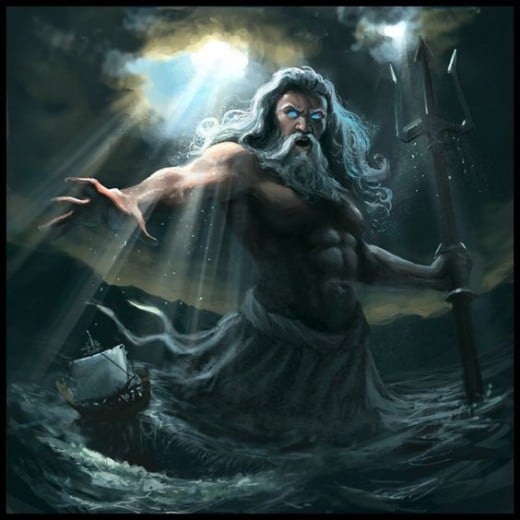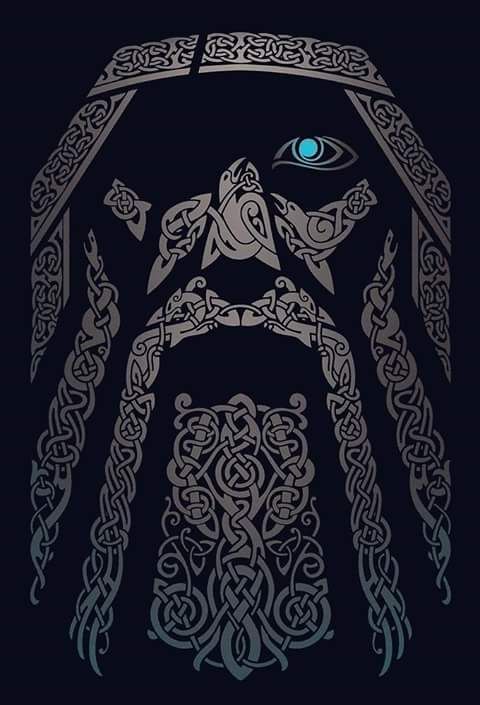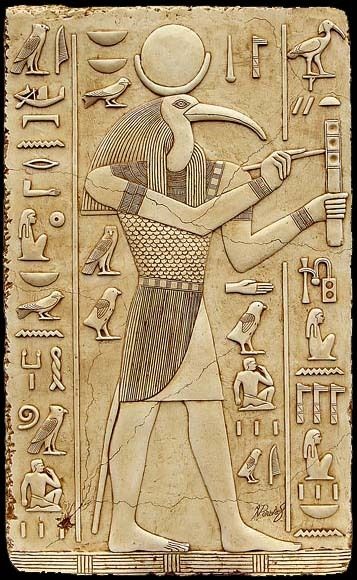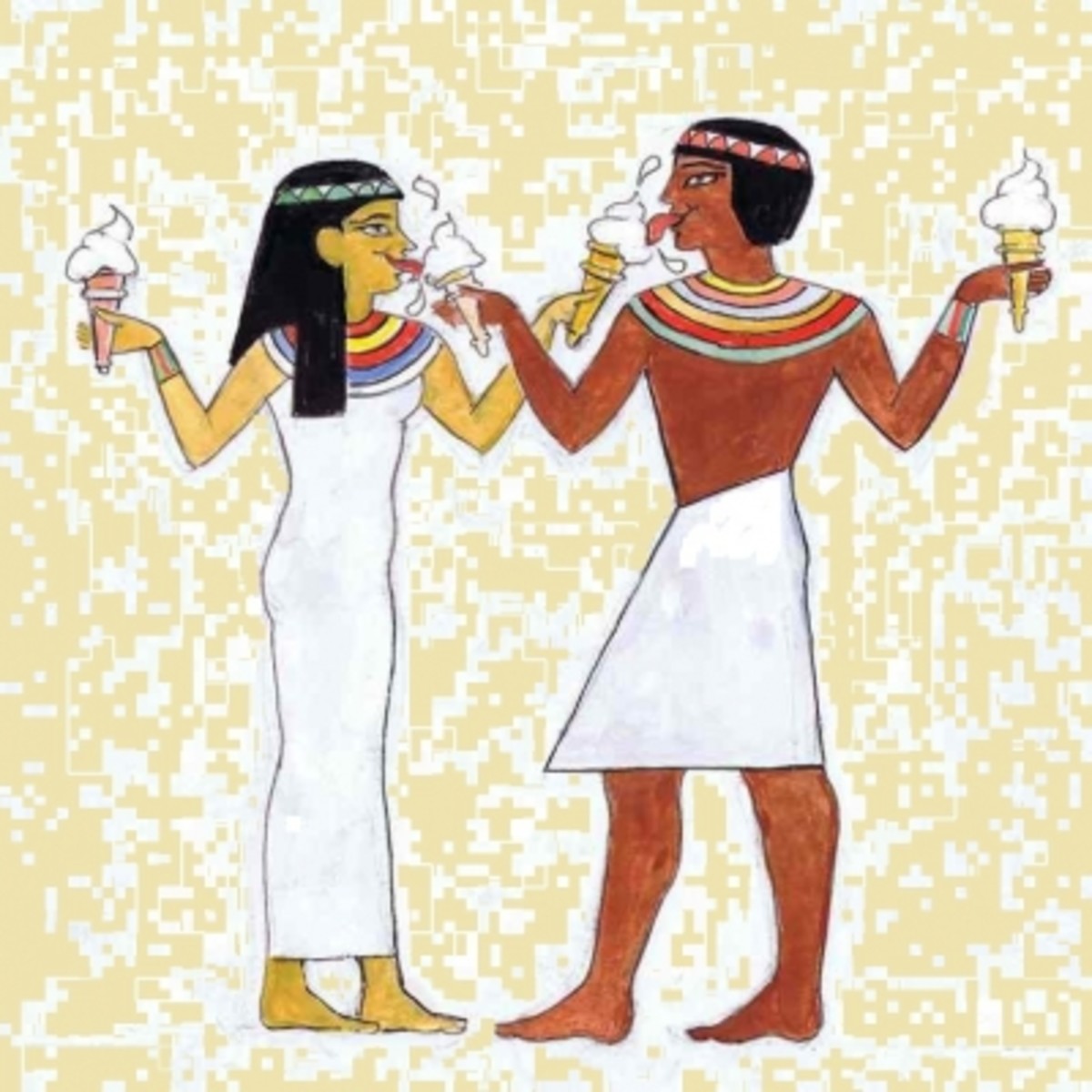Why were ancient people more spiritually connected than us?

In the beginning of time, hunters and gatherers began to name things and develop their culture. But in a world where so many different religions and beliefs were being developed, how could all of their religions be simultaneously correct?
In the Beginning
A lot of historical religions and beliefs, especially ones practiced before the middle ages, had an understanding of the world that most of us don't today. In an unbelievable amount of cases, a metaphor is used to describe an aspect of this understanding in one belief, while another belief will explain the exact same aspect in a different metaphor. Admittedly, it seems that almost all ancient shamanistic or pantheon beliefs had a better understanding of the spiritual world compared to other modern beliefs and religions. However, the reason for their better knowing is entirely due to the connection they had with the earth and the people around them.
At first, when their cultures were beginning to develop, they knew the very simple things of life; hunting, friendship, joy, anger, love, etc.. Of course there was still violence, but it wasn't nearly as substantial as it is today. After their hunting, after their skirmishes, after their meals and their fires, after the day was over, they did not have cell phones to use. They did not have a book to read, or an internet to search. All they had was each other, the earth, and the sky. In place of the many forms of entertainment we engage in today, they had a substantial amount of time to wonder. On top of this, they viewed the world as extremely spiritual. And with their wonder, they created religions and systems that went off of the world around them.

An Allegorical Perspective
The ancients believed in what they saw and felt. They believed in the way things were. Sure, a lot of these groups would create stories of gods and how they interact with us, but these gods they created were merely metaphors to explain everything around them. In the book Did the Greeks Believe Their Myths?, Paul Veyne writes:
"Myth is truthful, but figuratively so. It is not historical truth mixed with lies; it is a high philosophical teaching that is entirely true, on the condition that, instead of taking it literally, one sees in it an allegory."
The ground they walked on could be a god. The sky they looked upon could be another god. The life that flows through the trees and the grass, they were the spirits to some beliefs like Celtic Druidism, for example. A god was not necessarily an all-knowing being sitting upon their throne as they gazed upon mankind. A god was just something that they could not control. A god was simple. And the way things were was just that. Simple.
Various ancient peoples created stories and myths to explain how these gods interacted with the world and themselves. As said before, these myths held a deep allegory, along with metaphors for the world. For example, Fenrir was a monstrous wolf in Norse mythology, and it is said that during Ragnarok, the Norse apocalypse, he will swallow the sun whole.

Coexistence
Over time the fundamentals of these religions stayed the same. Thor is the god of thunder and lightning, Thor is the god thunder and lightning, Thor is thunder and lightning. However you look at it, it is still the same. The ancient Greeks simply gave a name to an aspect of nature, and they respected that aspect of nature, and that is all there is to it. Other ancient religions did the same thing, and this viewpoint of naming and respecting nature could not possibly be wrong.
If they were to ever come in contact, how could an ancient Greek man tell an ancient Norse man that his thunder god was wrong, while their thunder god, Zeus, was right? The two gods, of course, are different, but the difference in their gods is their heritage. The way the Norse viewed and respected the world was different from the way the Greeks viewed and respected the world. They had different histories, different backgrounds. They simply named things differently and created separate stories and personifications of nature. In the ancient text Herodotus' Histories, Book 2, Herodotus writes:
"It is at Heliopolis that the most learned of the Egyptians are said to be found. I am not anxious to repeat what I was told about the Egyptian religion, apart from the mere names of their deities, for I do not think that any one nation knows much more about such things than any other; whatever I shall mention on the subject will be due simply to the exigencies of my story..."
Seeing the world like this, and they did see the world like this in some shape or form, they could not have accused the other belief system of being wrong. It was simply their version of the world. And even then, with their different versions of the world, the world is still the same, and we are all just people. With this viewpoint that the ancients had, no single religion or belief was more correct than another. They were simply different means to explain the world around us. This spiritual awareness of the world is what humanity as a whole has lost over time.






